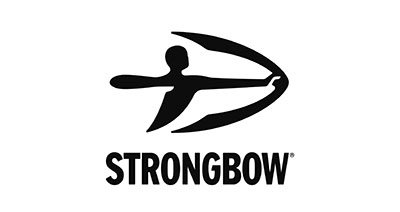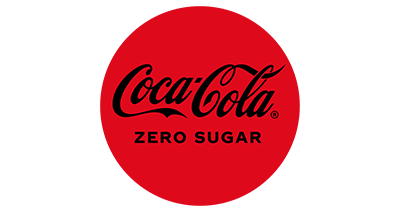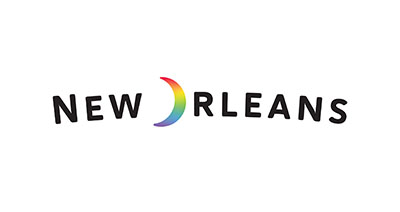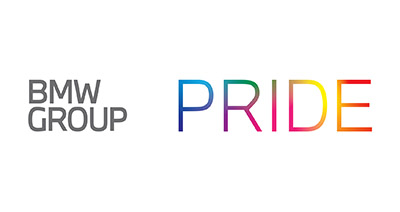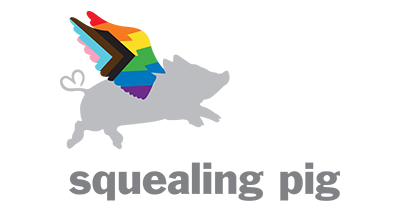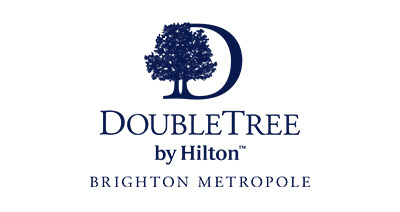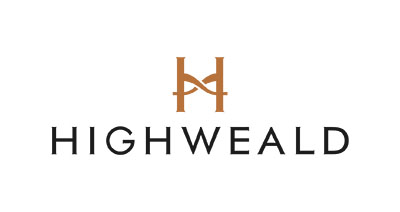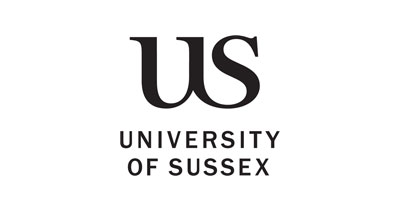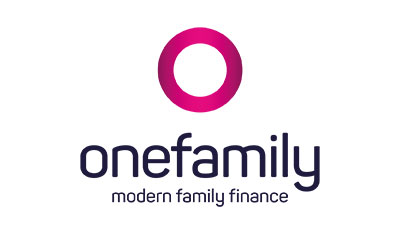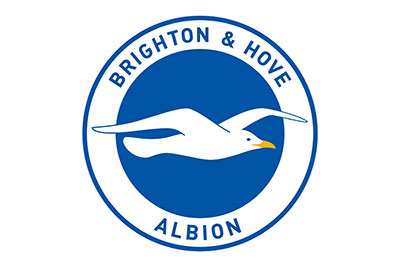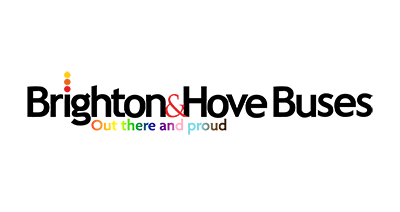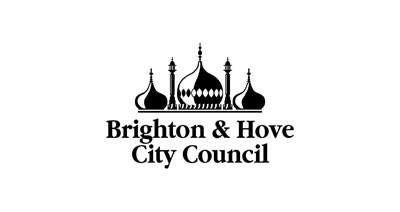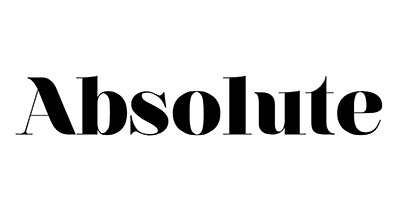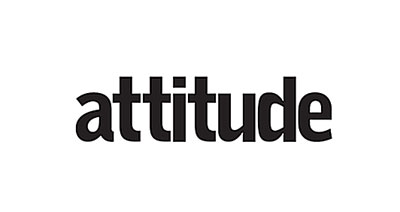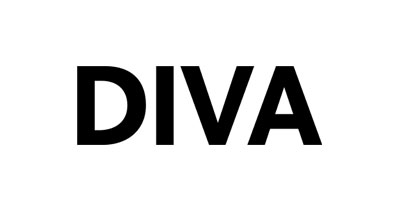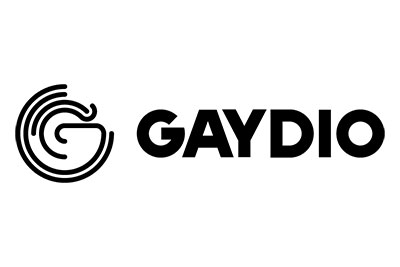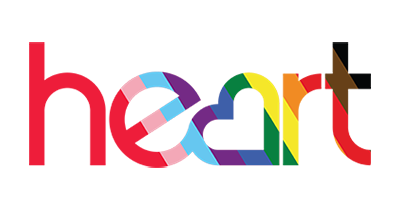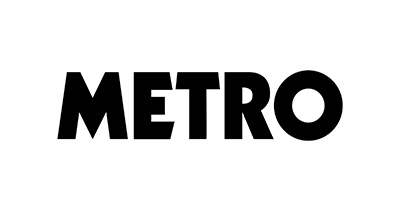Trans activist, model and DJ Munroe Bergdorf was born in Essex, but moved to Brighton to study at university age 19. “Brighton is where I came into my own,” she says. “I wasn’t exposed to much before. I grew up in the countryside, so I didn’t have much experience of gay clubs and the queer scene.” It was the start of her journey to transitioning, which has led to her becoming an outspoken advocate on trans issues and recently fronting a high profile modelling campaign for high street clothing brand Uniqlo.
How did you feel when you arrived in Brighton?
I was read to burst. I was the typical suburban kid moving to the city, it was a good outlet for me. I experimented a lot with my look. I met my first trans friend. I hadn’t knowingly met any trans people up to that point. That’s when I first started learning about gender and all these different facets of the LGBT community. I’d only been to a few gay bars. I didn’t have any lesbian friends, or bi friends. I didn’t know about sexuality apart from gay or straight. I wanted to learn about that and what I thought about myself. Brighton is an amazing place to experience that because everyone’s a bit mad, and just themselves. In London everyone keeps themselves to themselves, but Brighton is very open, and the sense of community is very strong.
When did you recognise that your gender and the body that you were in didn’t align?
I think inklings were always there. I’d always had an idea. I don’t think it is until you meet somebody who puts your feelings into words, and by extending my friendship group and meeting people that I didn’t have access to back home it all slotted into place. I met a girl who was the first trans person that I’d knowingly met. Just seeing her be the person that she was really opened my eyes to the fact that you don’t need to be the person you are told you should be, that you can be who you want to be, and if you have an idea of who you want to be you can become it.
When did you know you wanted to transition?
I knew that I wanted to transition when I was twenty. At that point I was experimenting with my look. I was dressing up, doing drag, doing a more androgynous look. Everything was very femme, nothing was really masculine about me. I was dipping my toes in the water to see what it was like and gradually it got more and more. Some people go from living as a man to living as a woman, while others are very gradual. I’ve always been very open with expressing myself in a very visual way. Even when I moved to London I was doing the whole playing with gender thing, I didn’t go straight to femme drag. For me it’s always been about being who I’m comfortable being, and right now this is who I am comfortable being.
What did you do after uni?
I worked in perfumery PR, then for Calvin Klein in their PR studio, and then I started working in nightlife fulltime. I knew that I wanted to quit publicity PR and transition, and I didn’t feel like I could do that in that environment. A lot of trans girls feel that they won’t be supported in regular jobs, and have few options open to them, which is why some trans women can end up in sex work.
What were you biggest fears about transitioning?
What people would think. It isn’t necessarily transitioning that’s hard, but everybody’s opinions, questions and thoughts. Your body becomes public discussion and people feel they can comment on anything. It’s hard when people are talking about it when you are just going by faith yourself.
I guess with transitioning it’s a physical and outward change that you’re still trying to process mentally. It’s not like you can do it in secret and suddenly reveal your new self.
Right. There’s no way you can do it without people feeling like they can give their two cents. You can either go the way of blocking people out, which isn’t good, or listening to people which isn’t always good. You need to retain a balance, which isn’t always easy to get and you can only get that with experience.
Have you lost many friends?
I’ve lost so many friends. But I’ve also got friends I’ve had for ten or fifteen years. Friendships grow and change and sometimes you need to make the decision that ‘you’re not very good for me’ and it isn’t working and stop making excuses for yourself. If people are mad at you for changing because you’re transitioning, which is something you’re doing for your own happiness, then that’s not good. The most supportive thing you can do for someone who is transitioning is to listen and not offer too much advice about what you would do. I don’t think there’s any cis-gender person that can understand how difficult it is.
What does the LGBT community and Pride mean to you?
All the facets of queer culture is where we find or strength – in our history, what we’ve been through collectively – to see that things really aren’t that bad at the moment. Pride is a chance to celebrate how far we’ve come, and also think about how much stronger we can be if we pull together a little bit more. Sometimes we can be a little bit more segregated than we could be.
Why did you decide to be a voice for the trans community when you’re still going through the process yourself?
I felt like if I’m finding this difficult and I’ve got a good support network, and had a good education then what about those people who don’t have this privilege? I’m a big over-thinker and I have a big mouth and I don’t think I could see the world how it is and not to speak out on what I believe in.
interviewed exclusively for Brighton Pride by Attitude magazine.
photo © Rankin


